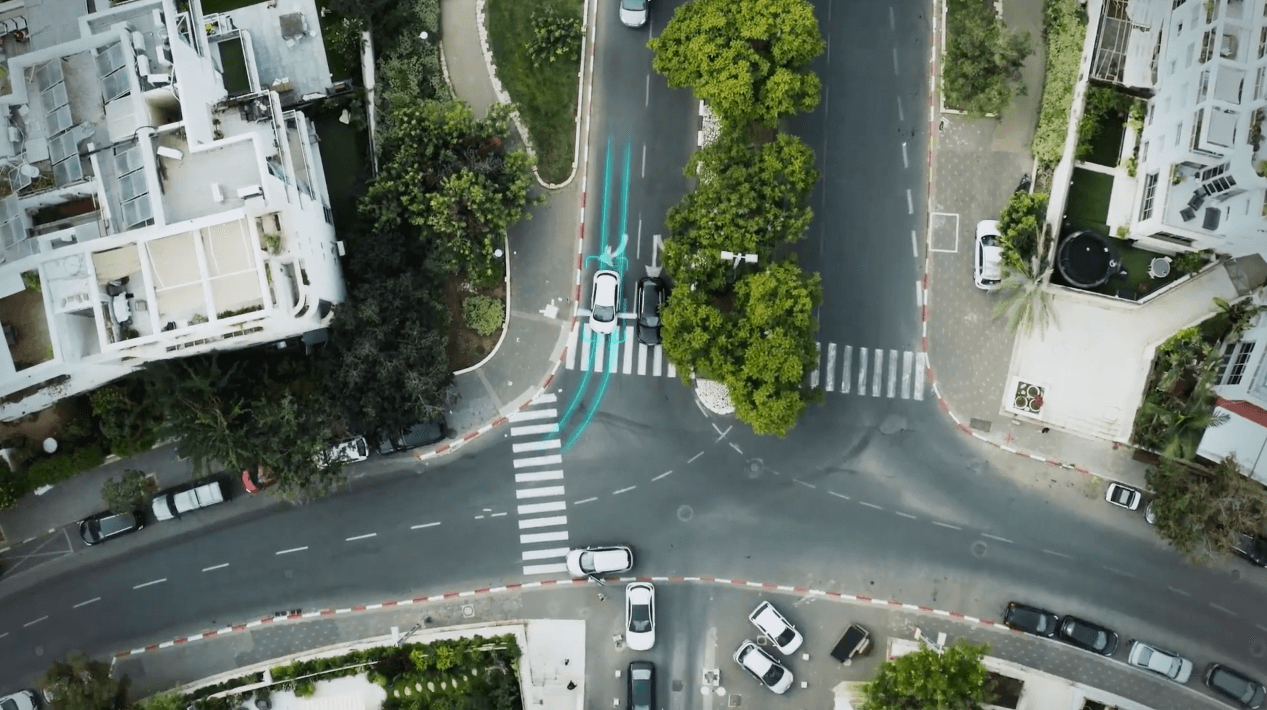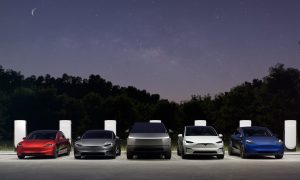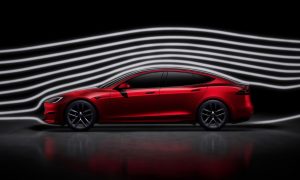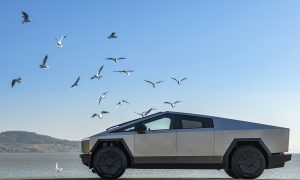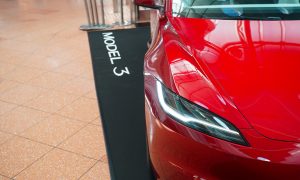As the world transitions from gas cars to electric vehicles (EVs), many remain concerned about the lack of charging infrastructure that’s currently available. More charging stations are being built, though many companies are also studying electrified roads — which could allow EVs to charge wirelessly as they drive.
Israel-based company Electreon is one such company piloting wireless roads, as detailed in a report from CNBC on Monday. The company currently has pilots running in Sweden, Norway, Italy, and other European countries, and it has plans for an electrified highway in the U.S.
“This is really an approach that can charge vehicles in any type of shape, meaning vehicles that are both buses or vans or passenger cars or trucks — but it can also charge a vehicle while either driving or while standing still,” said Stefan Tongur, Electron’s VP of U.S. business development at Electreon, in an interview with CNBC.
One Electreon project in Sweden is set to connect the town of Visby on Gotland Island to a regional airport via a wirelessly charging electric roadway. The Swedish government helped finance the vast majority of the $10.5-million project, which Electreon calls a “pre-commercial demonstration project” of the electrified road concept.
In the U.S., the first electric road will land near Detroit, where the Michigan Department of Transportation (MDOT) has partnered with Electreon.
Announced last year by Michigan Governor Gretchen Witmer, the program was initially expected to establish a wirelessly charging road for EVs by this summer. CNBC says the road is now expected to be built within the next year or so in a partnership between Electreon, NextEnergy, Jacobs Engineering Group, and MDOT.
RELATED:
Tesla completes acquisition of wireless charging company Wiferion
“We really are looking hard within this pilot project to look at the different use cases that are out there,” said Michele Mueller, senior project manager of connected and automated vehicles at the MDOT. “There are use cases for freight, transit, but then also passenger vehicles.”
The electric road solution is considered especially useful for fleet vehicles, public transit, and other automobiles driving on repetitive routes. For example, a wireless charger at a bus stop could help the bus stay charged throughout an entire service day. One company previously also shared a solution for wirelessly charging the Tesla Semi.
Another critical use case for wirelessly charging roads is in rural communities with few charging stations, as Purdue University professor of civil and biological engineering Nadia Gkritza points out.
“We don’t view 100 percent of roads being electrified, but we definitely see this technology being viable,” Gkritza says. “…financially and also essential in rural areas where we might not have a lot of charging stations, or we have what we call charging deserts.”
Last week, a new study was released analyzing EV charging infrastructure in each U.S. state and Europe. Researchers ranked the involved countries and U.S. states based on several factors related to the density of EV chargers in those areas.
Watch the full video discussing the electrified road pilots below from CNBC.
What are your thoughts? Let me know at zach@teslarati.com, find me on X at @zacharyvisconti, or send your tips to us at tips@teslarati.com.

